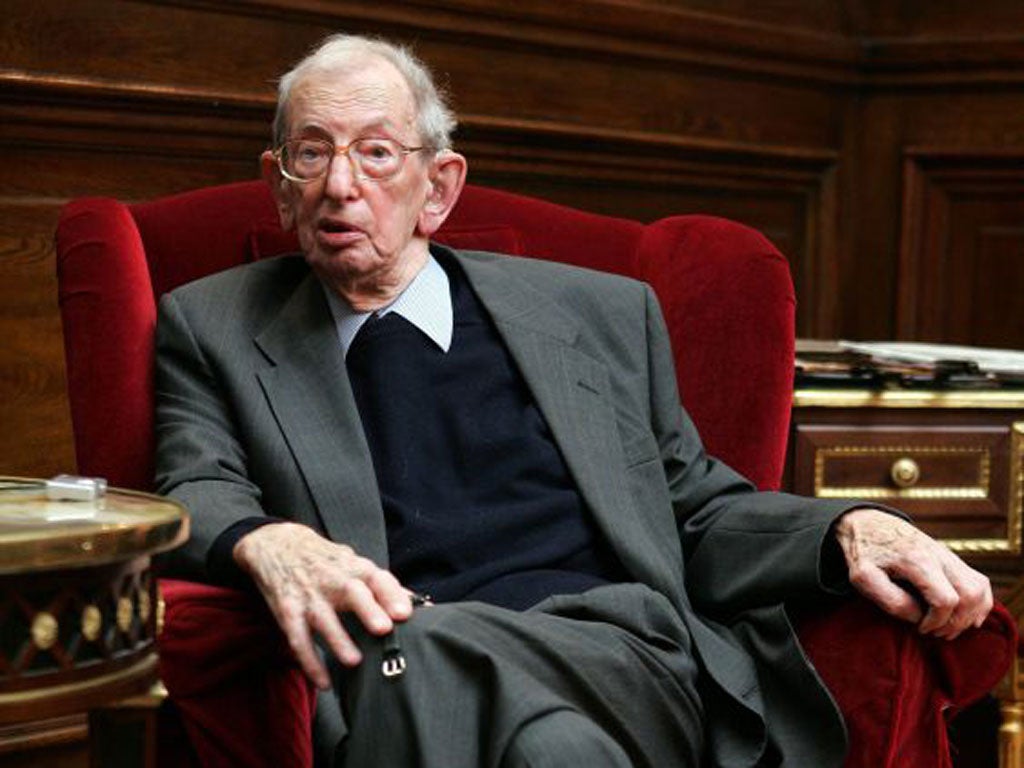Archive on 4: A Life in History, Radio 4, MondayNight Waves, Radio 3, Monday
Better red than dead – the life of Comrade Hobsbawm

It was good to see Radios 3 and 4 reacting quickly on Monday evening to the death of Eric Hobsbawm. Such a huge figure in the intellectual life of the 20th century deserved a bit of furniture-shifting on his behalf.
Radio 3 gave over a large chunk of Night Waves to discussing his importance, while Radio 4 repeated Simon Schama's excellent Archive on 4, first broadcast in April. It was also good to see that neither shied away from the fact that from his teenage years on, the great Marxist historian subscribed to a system whose principal effect was to increase the sum of human misery.
Archive played a clip of him being challenged by Sue Lawley on Desert Island Discs. Was the great Communist cause, she wondered, worth any kind of sacrifice? Even millions of lives? "That's what we felt when we fought World War Two," he said. "But there's a difference between killing in war and killing your own," she said, in that classic, hushed Discs murmur. "We didn't know that," he said. "Dead is dead." There was an exquisite pause. "Shall we have record No 3?"
Archive presenter Simon Schama pushed him on whether he regretted having been a fellow-traveller with thugs and murderers. Should he have left the party? "It's a question that should go away, and largely has gone away," said Hobsbawm. "It's a Cold War question asked in Western Europe and the US .... It's an irrelevant question – ask it again if you like and I'll say the hell with you."
He didn't get a smooth ride on Night Waves, either. Matthew Sweet had convened a panel including Anne Applebaum, a Pulitzer Prize-winner. They also played a Discs clip, in which Hobsbawm denied knowing about the killing. "He did know," she insisted. "When he joined it was after the purges."
Sweet asked the panel how they thought Hobsbawm would be remembered. The journalist David Aaronovitch (son of a party official, which would make a fascinating programme in itself) gave the conventional view: "A grand old man of the intellectuals of the 20th century." Applebaum wasn't having it. His views, she said, were "distorted by his Marxism – which made his later books unreadable". I wonder if she's been invited to the funeral?
Join our commenting forum
Join thought-provoking conversations, follow other Independent readers and see their replies
Comments
Bookmark popover
Removed from bookmarks